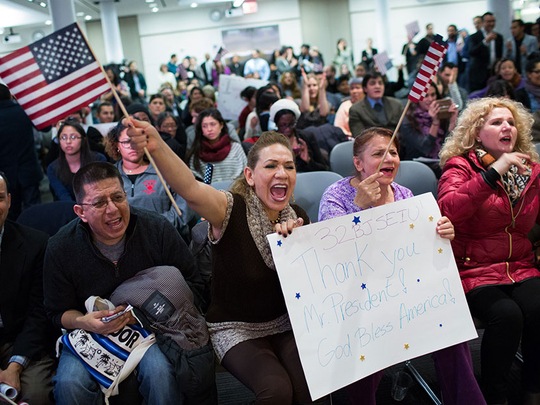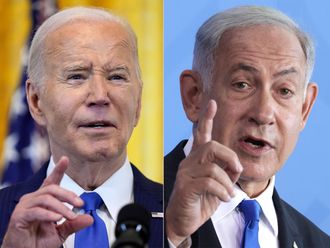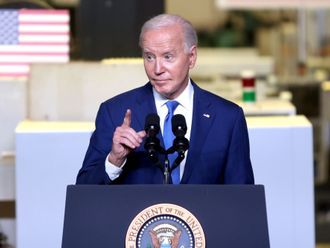
Washington: President Barack Obama is to unveil executive action on Thursday evening offering temporary legal status to millions of undocumented immigrants. The White House hasn’t said who will receive protection, but several stories on Thursday morning indicated the action would likely have two key features:
1. It would offer a legal reprieve to the undocumented parents of US citizens and permanent residents who’ve resided in the country for at least five years. This would remove the constant threat of deportation. Many could also receive work permits.
2. It would expand the 2012 Deferred Action for Childhood Arrivals (DACA) programme that allowed young immigrants, under 30 years old, who arrived illegally as children to apply for a deportation deferral. Expansions might include raising the eligibility age beyond 30 (or eliminating it) and allowing more recent arrivals (those who came after 2007) to apply, among other things.
In total, the nonpartisan Migration Policy Institute estimates that 4 million people would gain fresh protection, on top of the 1.2 million who are already covered under DACA. (Some reports suggest there could be an additional million people beyond that, but this is unclear.)
Other reported features of the executive action include:
— A programme to facilitate visas for people who invest in the United States and those who pursue science, technology, engineering and math degrees.
— Modifying federal immigrant detention procedures.
— Adding resources to strengthen security at the border.
But notably, the action will not:
— Extend protections to hundreds of thousands of parents of young immigrants who participated in the DACA programme — a group totalling 671,000 people.
— Expand visas for migrant farm workers. According to The New York Times, “farm workers, for example, will not be singled out for protections because of concerns that it was difficult to justify legally treating them differently from undocumented workers in other jobs, like hotel clerks, day labourers and construction workers.”
— Expand the existing H-1B visa programme for highly skilled foreigners.
— Offer access to the Affordable Care Act for newly protected immigrants.












